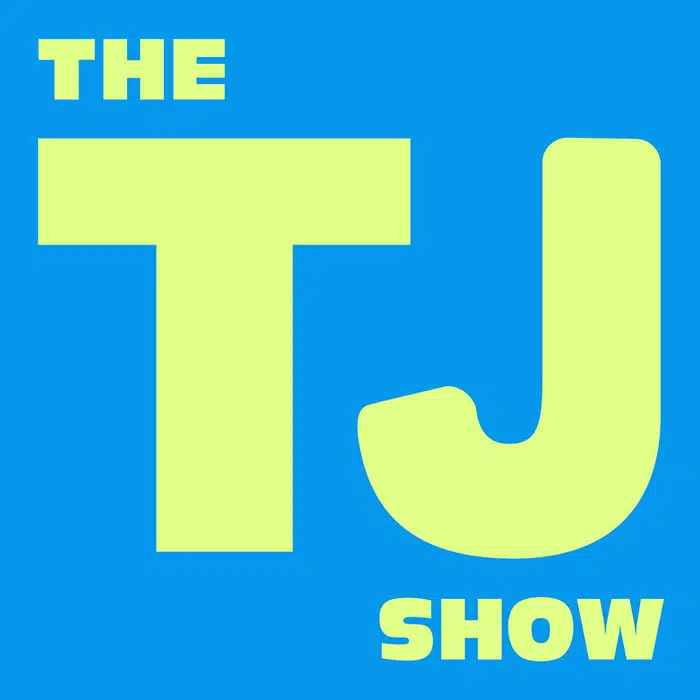MOSCOW (Reuters) – Russia said on Monday it was waiting for a signal from Ukraine regarding Kyiv’s willingness to hold direct negotiations to end the war, but said it did not so far see any signs of movement.
The Kremlin said last Friday that the possibility of direct talks between the two sides had been raised during a three-hour meeting between President Vladimir Putin and U.S. envoy Steve Witkoff.
Moscow and Kyiv have not held direct negotiations since March 2022, in the early weeks following the start of Russia’s full-scale war in Ukraine. Later that year, Ukrainian President Volodymyr Zelenskiy adopted a decree that ruled out negotiations with Putin, after Russia claimed four regions of Ukraine as its own territory.
Zelenskiy, who met U.S. President Donald Trump on the sidelines of Pope Francis’ funeral on Saturday, has said Kyiv would be ready to hold talks with Moscow once a ceasefire deal is in place and the fighting has stopped.
Asked by a reporter if the signal for direct talks should come from Ukraine or the United States, Kremlin spokesman Dmitry Peskov said: “Well, from Kyiv, at least Kyiv should take some actions in this regard. They have a legal ban on this. But so far we don’t see any action.”
The two sides are under intense pressure from the United States to find a settlement to the end the war, the deadliest in Europe since World War Two.
Ukraine accuses Russia of playing for time in order to try to seize more of its territory, and has urged greater international pressure on Moscow to get it to stop fighting.
Russia accuses Ukraine of being unwilling to make any concessions and of seeking a ceasefire only on its own terms.
Putin told Witkoff on Friday that Russia was ready for talks with Kyiv without preconditions, according to a Kremlin aide.
Trump said on Friday that the two sides were “very close to a deal”. In recent days he has been more critical than usual of Moscow, saying there was no reason for it to fire missiles into civilian areas and voicing concern that Putin was “just tapping me along”.
(Reporting by Reuters; Writing by Lucy Papachristou and Mark Trevelyan; Editing by Andrew Osborn)






Comments